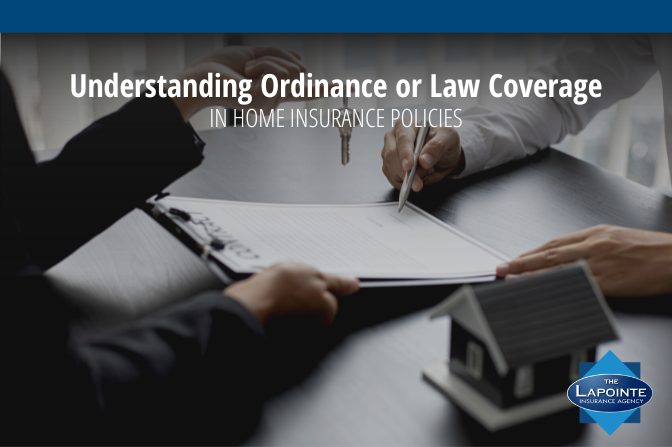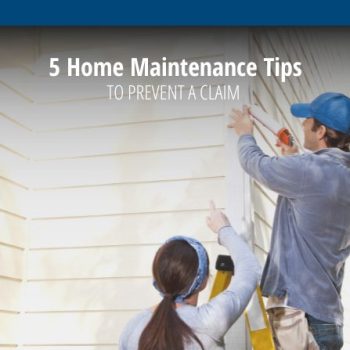Understanding Ordinance or Law Coverage in Home Insurance Policies
- Posted by Daniel Simcock
- On March 13, 2023
- exclusions, home insurance exclusions, homeowners insurance, Insurance Tips, new home buyer, ordinance or law

Main Ideas
- Ordinance or law coverage refers to the expenses that homeowners may incur due to compliance with local building codes and regulations enforced after a covered loss.
- Most standard homeowner’s insurance policies do not include ordinance or law coverage, and homeowners may need to add it as an endorsement or add-on.
- Lack of ordinance or law coverage in standard homeowner’s insurance policies can put a significant financial burden on homeowners if the required upgrades or repairs are substantial.
Homeowners insurance policies provide essential coverage for protecting homes from various unexpected events. However, certain situations or damages may not be covered by a standard home insurance policy, including the enforcement of ordinances or laws. In this article, we will discuss what ordinance or law coverage is and whether it is included in a standard homeowner’s insurance policy.
Ordinance or law coverage refers to the expenses that homeowners may incur due to compliance with local building codes and regulations enforced after a covered loss. For instance, if a homeowner’s property suffers damage due to a covered peril such as a fire or windstorm, local authorities may require certain upgrades, repairs, or replacements to meet new regulations or building codes. These upgrades can be expensive, and the homeowner may need ordinance or law coverage to help pay for the costs.
It is crucial to note that most standard homeowner’s insurance policies do not include ordinance or law coverage. However, some policies may offer limited coverage that comes as an add-on or endorsement to the standard policy. It is vital to check with your insurance agent or representative to understand your policy’s coverage limits and exclusions.
The lack of ordinance or law coverage in standard homeowner’s insurance policies means that homeowners may be responsible for paying out of pocket for any expenses incurred due to compliance with local regulations. This can put a significant financial burden on homeowners, especially when the required upgrades or repairs are substantial.
To avoid unexpected costs and penalties, homeowners should stay informed about local building codes and regulations. Also, it is crucial to review their homeowner’s insurance policy carefully and understand the coverage limits and exclusions.
In conclusion, homeowners should be aware that most standard homeowner’s insurance policies do not include ordinance or law coverage. However, homeowners may add this coverage to their policy as an endorsement or add-on. It is essential to review your policy and speak with your insurance agent to understand what coverage options are available and make informed decisions about protecting your home and personal property.
We hope this article was helpful. If we didn’t cover a specific question, please feel free to contribute to the comments below or reach out to us directly at info@lapointeins.com.


